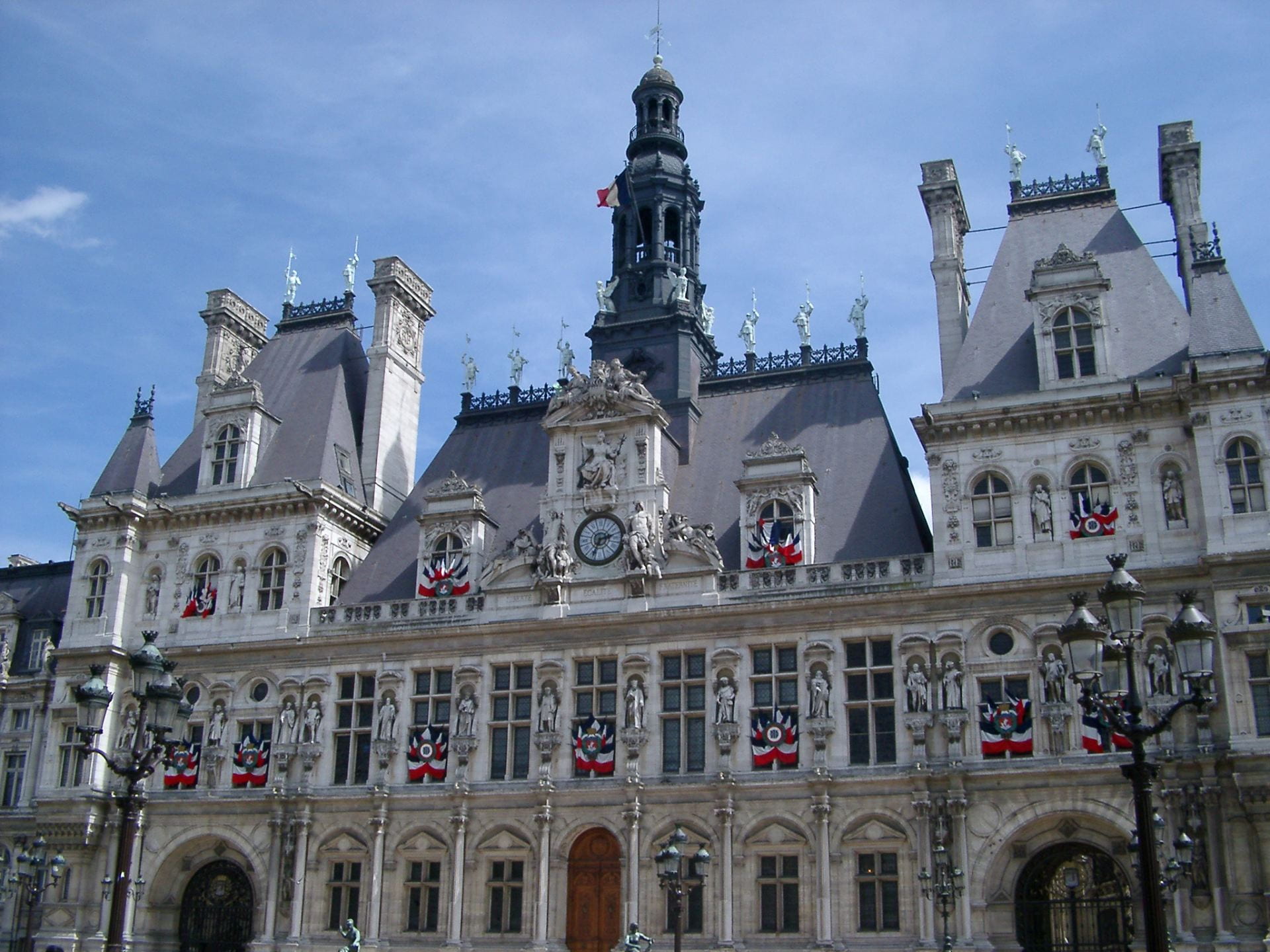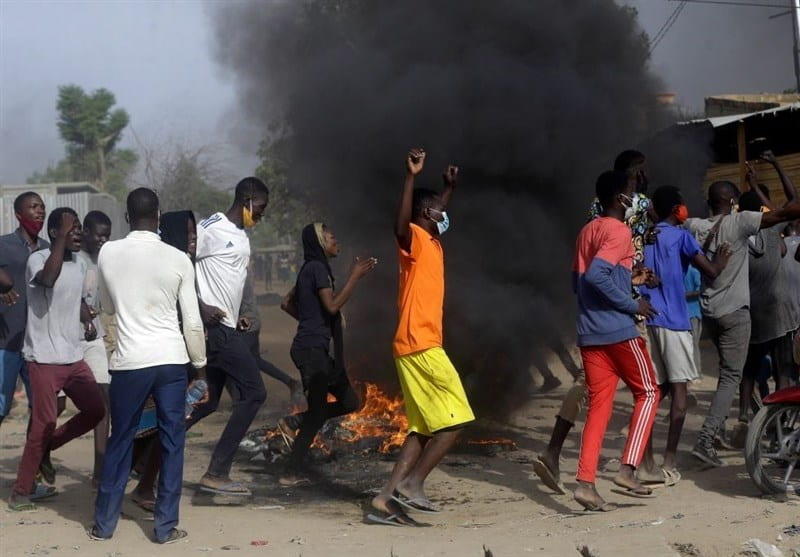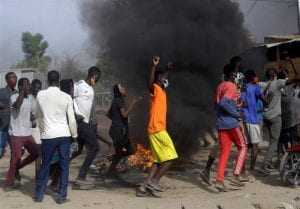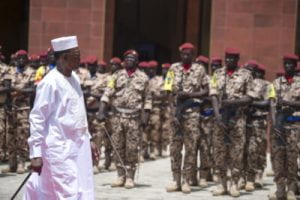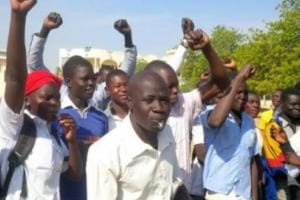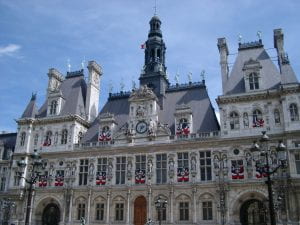
Perhaps, recently, you have seen TikToks, videos, or news broadcasts discussing the ongoing protests in Paris. If you are not sure what is going on, do not fright. In this blog, I will discuss this topic and hopefully help bring to light what the current French demonstrations mean.
What is Article 49.3?
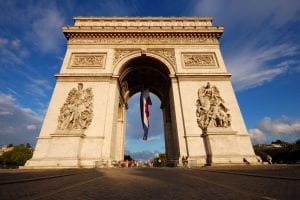
Before we can get to discussing the protests in Paris, we must first talk about a crucial fact about the protests: the fact that they started due to a feature of the French Constitution. Article 49.3 of the French Constitution, put lightly, allows the government to push through a piece of legislation without the approval of France’s lower house of parliament, the National Assembly.
This legal maneuver is completely legal and has been in practice since 1958, when it was introduced by Charles De Gaulle. Despite this, many French citizens see Article 49.3 as undemocratic. This is not a surprising assertion, as using Article 49.3 forgoes one of the most rudimentary components of democracy—votes.
However, the government is not completely unchecked. After Article 49.3 is used, lawmakers who oppose the published legislation have 24 hours to file a no-confidence motion against the government. A one-tenth majority amongst the lawmakers in the lower house is required for the motion to go to the floor where it is debated. For the next couple of days, debate and voting about the bill will take place amongst the politicians.
For the no-confidence motion to succeed and reject the bill, it must get an absolute majority of votes. That is, more than half of the lawmakers must vote to reject the bill pushed forward by Article 49.3. If the motion does not get an absolute majority, the motion fails and the bill remains.
Notably, successful no-confidence motions are rare in France. The reasoning for this is that a successful no-confidence bill not only stops a bill from being enacted, but removes the Prime Minister and Cabinet from office (the president remains). Due to this, many lawmakers who are loyal to their higher-ups in government may hesitant in voting in favor of the no-confidence motion, as it will end up “toppling” the government.
Interestingly, since Article 49.3 was legitimized in 1958, only one successful no-confidence motion has ever passed. It was in 1962.
The Protests
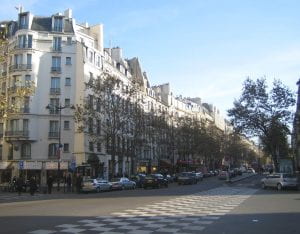
Now that we have constructed an understanding of the French legal system, we can look into exactly what has sparked protests and how Article 49.3 was involved.
On March 16, 2023, France’s president, Emmanuel Macron, pushed a bill via Article 49.3 that raised the retirement age in France from 62 to 64. This sparked widespread protests in Paris, the capital of France, as citizens deemed this move by Macron to be undemocratic. Allegedly, Macron used Article 49.3 because he calculated that his bill would not pass if it went to the National Assembly. Interestingly, it has been reported that this move was an unprecedented move by Macron, as even members of his own party urged him not to invoke Article 49.3.
As has been aforementioned, after Macron’s move, citizens took to the streets of Paris and began protesting. Garbage fires, road blockages, and even graffiti were some of the things conducted by the protestors. In fact, the protests were so widespread at some point that visitors arriving at Charles De Gaulle, France’s biggest airport, were unable to order rides into the city as roads were blocked.
Therefore, it ought not to be surprising that lawmakers instantly filed a no-confidence motion against Macron and his bill. However, after debate and deliberation, the no-confidence motion was unsuccessful, which falls aligns with the motion’s typical fate. On March 20th, the motion was voted on and only received 278 votes out of the 287 votes required to nullify the bill and unseat the government.
Moving Forward
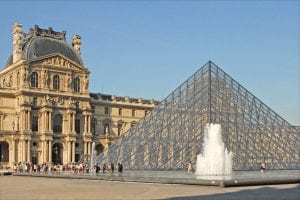
What the failure of the no-confidence motion means, we have yet to find out. However, what we do know is that moving forward, the bill proposing the change in the retirement age from 62 to 64 will become law. Currently, protests are still ongoing in Paris. Whether or not they will continue, we have yet to find out. Moreover, what lawmakers will do about the fact that their constituents are protesting a bill is also unknown.
However, this series of events in France has raised a meaningful question: how much authority do the people of a nation have over the government? Should the people dictate how the government is run? Does government reflect the people, or do the people reflect the government?
Empirically, it seems that the majority of the French oppose this bill. Yet, despite this, it was not only enacted by their president, but it failed to be overturned by lawmakers. However, if there is one motif the French have instilled in history, it is the motif of representation of the people. One only needs to look to the French Revolution, and all of the many revolutions afterward, to be remained of the fact that the French take pride in their nationality, and will simply not rest until the government reflects the ideals of the people.
